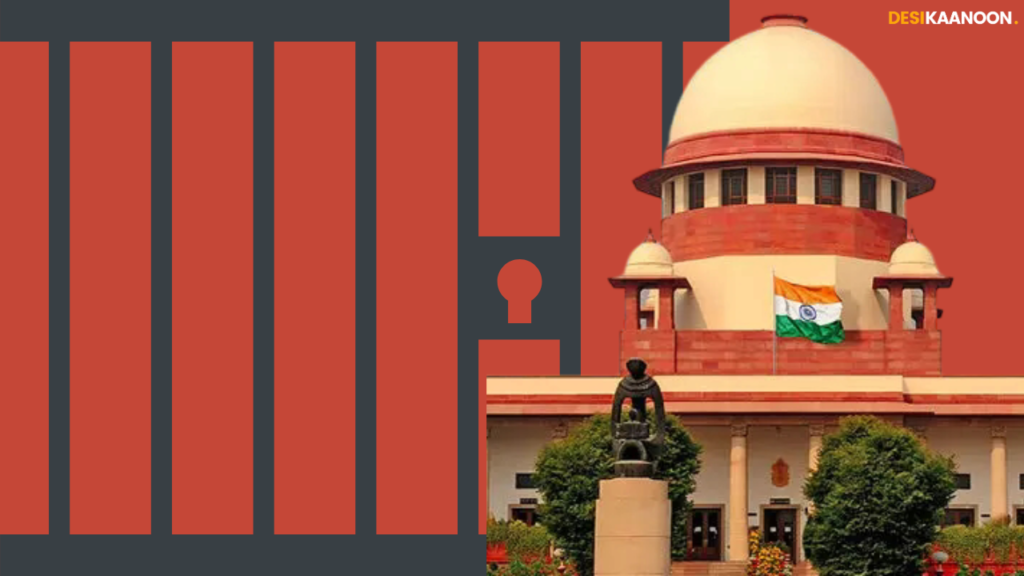Aastha Pareek
The Supreme Court of India recently expressed strong disapproval over repeated delays in a bail application pending before the Allahabad High Court since August 2023. The case, Wazid v. State of Uttar Pradesh, brought to the fore the critical issue of delays in the adjudication of bail pleas, a matter with significant implications for the fundamental rights of the accused.
A Bench comprising Justices B.R. Gavai and K.V. Viswanathan was hearing the plea of a rape accused challenging the repeated adjournments of his bail application by the Allahabad High Court. During the proceedings, the Bench made its dissatisfaction clear, remarking, “We do not appreciate the practice of bail applications being pending for over a year. Even a day’s delay in such cases is in violation of the fundamental right of the accused.” This pointed observation underscored the Court’s view that delays in bail hearings not only obstruct justice but directly infringe upon the constitutional right to personal liberty under Article 21.
Senior Advocate Siddharth Dave, representing the accused, emphasized that the Supreme Court has consistently highlighted the importance of prompt bail hearings. Dave informed the Court that his client’s bail application had faced multiple adjournments without any effective hearing, leading to prolonged pre-trial detention. In response, the Bench sought clarity on the reasons behind these repeated delays, questioning, “What is this issue at the Allahabad High Court?” Dave explained that the High Court was facing significant workload pressures, leading to such backlogs.
Despite acknowledging the challenges of an overburdened judiciary, the Supreme Court underscored that administrative constraints cannot override an individual’s right to liberty. The Court emphasized that timely hearings in bail matters are imperative, as any undue delay violates the fundamental rights of the accused. Recognizing the urgency of this issue, the Supreme Court issued a directive to the Allahabad High Court, instructing it to ensure that the bail plea, when next listed, be heard promptly and disposed of expeditiously.
The judgment reinforces the Supreme Court’s stance on the constitutional requirement of speedy trials and bail proceedings. By holding that even a day’s delay infringes upon fundamental rights, the Supreme Court has reasserted the judiciary’s role in safeguarding individual liberties against procedural delays. This decision serves as a critical reminder to courts nationwide of their duty to expedite bail hearings, thus ensuring that justice is neither delayed nor denied.

